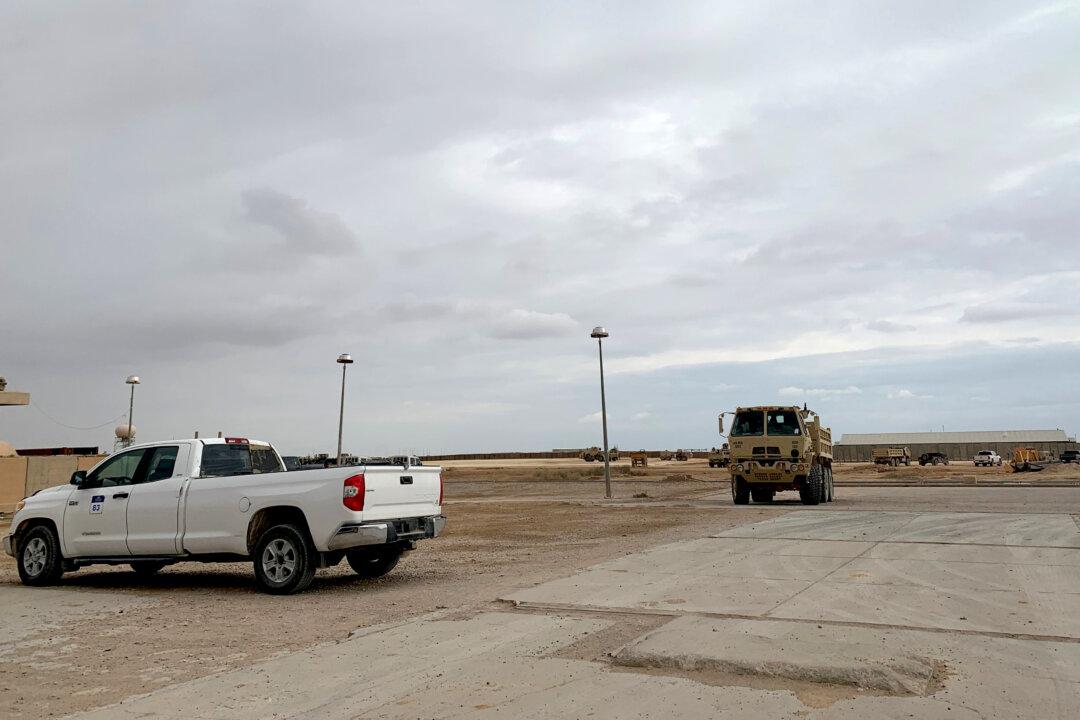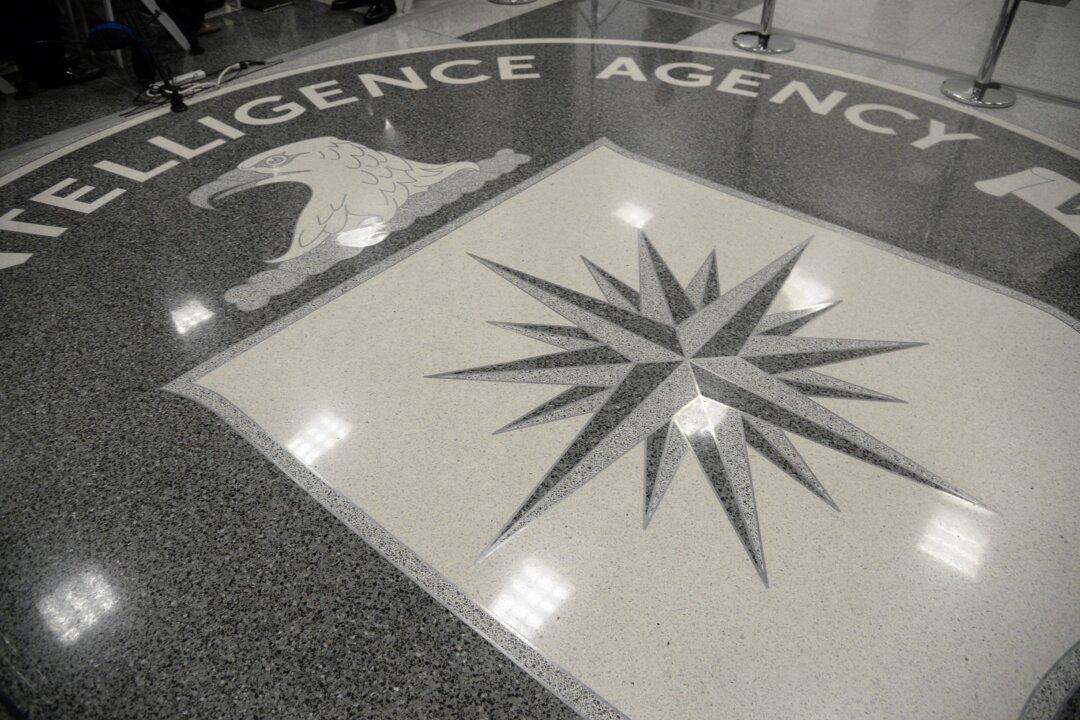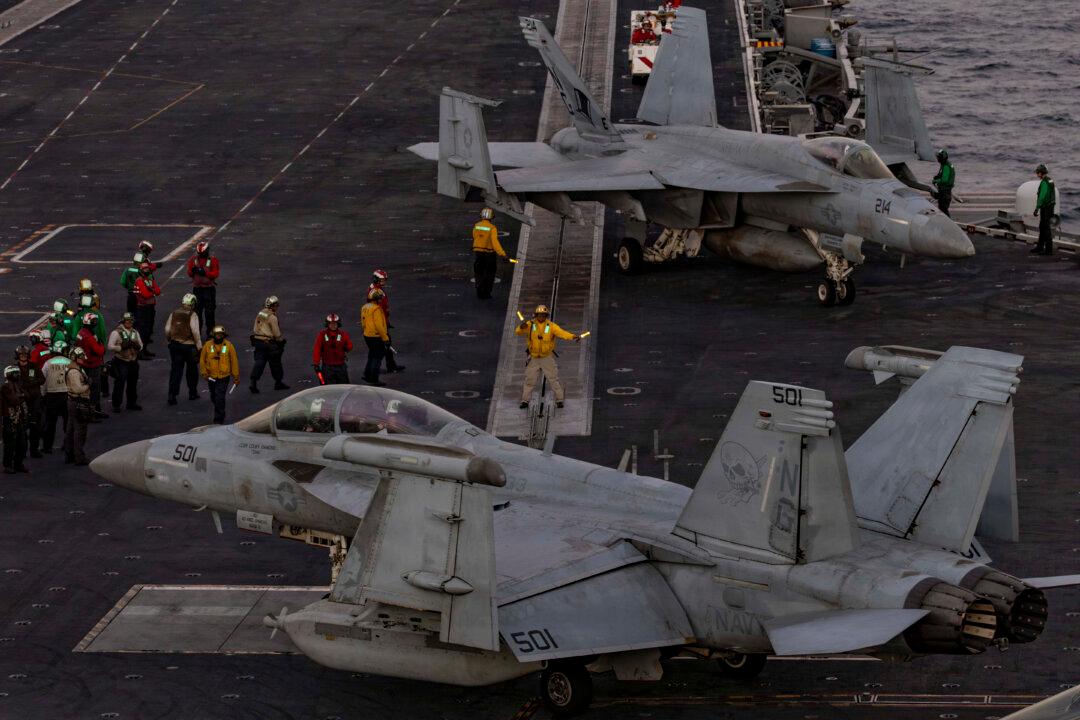Four U.S. troops and a U.S. contractor were injured when a pair of rockets struck the Asad Airbase in Iraq’s western Anbar province Deputy Pentagon Press Secretary Sabrina Singh announced on Aug. 8.
The casualty assessment has fluctuated since the Aug. 5 attack, as U.S. military personnel continue to assess the troops deployed there. Singh acknowledged, during a Thursday press briefing, that an earlier U.S. military assessment concluded five U.S. service members and two U.S. contractors were injured in the attack.





